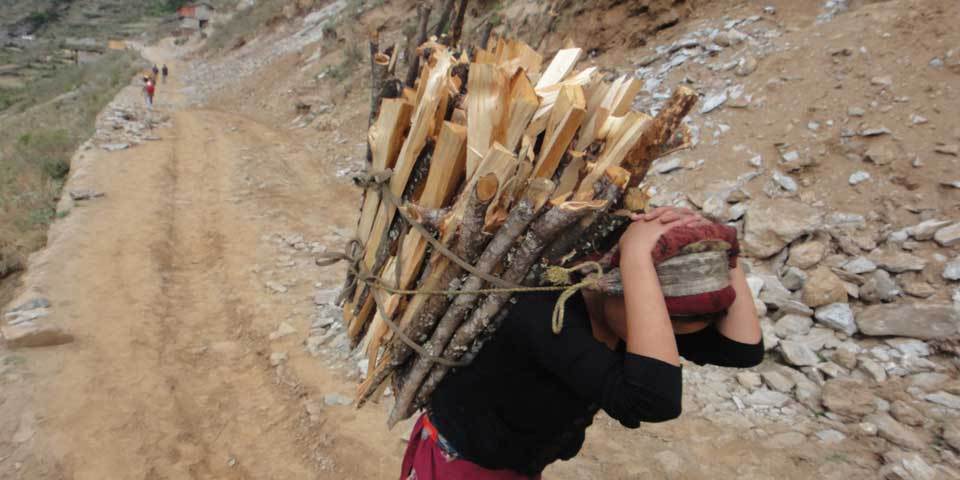
What would you say if I told you that living without a source of drinking water near home is a major risk for sexual and reproductive health?
Collecting water is nearly always a woman’s task. Estimates are that women spend around 40 billion hours a year walking for water. For nearly 800 million people, this is a reality.
Aside from a host of preventable illnesses that arise from drinking unsafe water like these 800 million people do, there is also a major health consequence that often goes overlooked: uterine prolapse.
Uterine prolapse is painful and debilitating. The condition prevents pelvic muscles from being able to support the uterus, and it starts to descend into the vagina. In severe cases, it may come out of the vagina entirely. Simply put, it’s a horrifying violation of human rights, and it’s largely preventable.
It’s a horrifying violation of human rights, and it’s largely preventable.
Even poor nutrition can be a factor. But what do all these—challenges of pregnancy and delivery, physical labor, poor nutrition—have in common? Gender-based discrimination.
As part of our My Body My Rights Campaign, Amnesty International recently launched a new report and campaign looking at uterine prolapse in Nepal.
Called Unnecessary Burden, it shows just how many violations of women’s rights can lead to this one, lifelong consequence. For example, early marriage and pregnancy can arise from a lack of education, income generation opportunities, poverty, son preference, or rape. Prolonged or unassisted labor can be a reflection of lack of access to health information or services, or of a weak or discriminatory health system.
Poor nutrition can stem from many harmful practices, such as a requirement that women eat after men or that women cannot access shared goods, like food and water, while menstruating. Physical labor for household chores, such as water or firewood collection, often arises from a basic violation of economic and health rights.
It sounds dire. For many women it may be. It’s difficult to challenge long-held traditions and ingrained gender-based discrimination. But there is a place to start.

In honor of World Water Day, March 22, join with us to spread the word that uterine prolapse is a violation of women’s rights, which stems from other violations of human rights, like life without access to safe drinking water close to home.
It’s time governments pay attention. You can help by signing our petition to the Government of Nepal today.
